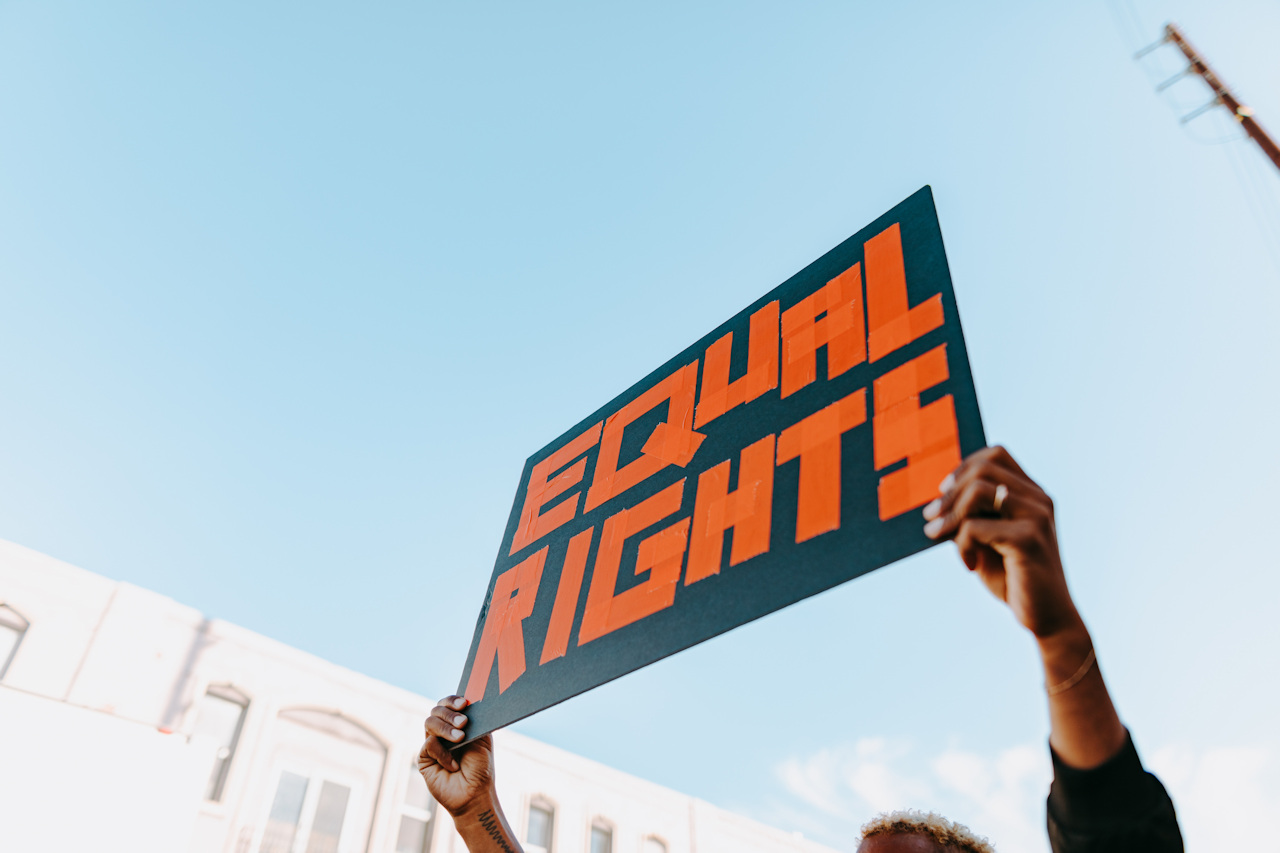But comparing ourselves to an embellished version of others or even to filtered versions of ourselves is a losing game, harmful to our self-concept. It is no coincidence that there is an increase in body dysmorphic disorder (dysmorphophobia), a mental disorder characterized by the obsessive idea that something is wrong with us, with the result that plastic surgeons around the world are seeing an increase in patients asking them to intervene to look like the filtered self they project on social media.
The constant online onslaught of happiness subconsciously or not creates new digital standards of happiness, beauty, style and intelligence that we have to live by. But what evidence do we have that these people live better lives than ours? Celebrities and models have teams of people to achieve the image they promote and we know nothing of their real lives. The same effect is created with everyday people on social media: are they promoting their best photos? Do we know the before, the after, the time they spent and how many they threw away, the filters they used?
The online - advertised - idealized - enhanced life seems easy: you have money, beauty, youth and power and these, in theory, solve your problems. But we know deep down that they may solve some but to be successful in real life we need to be real. To live in accordance with our values and principles, in accordance with our authentic selves. Because after all, the sky is blue enough, the sunset red enough, we are beautiful enough, and it's a privilege to get older.




